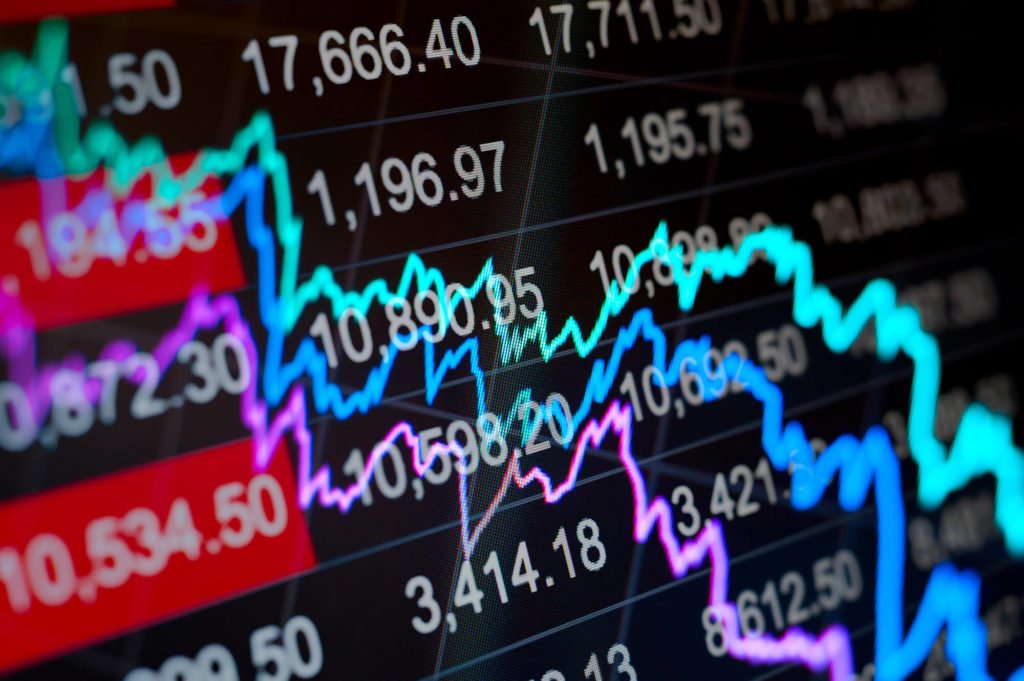Business
Why demo trading accounts can save you a fortune as a beginner investor
Execution is everything in trading. Here’s why demo trading accounts can be of big help, especially for beginner investors.

If you are excited by the idea of financial trading and investing in stocks, commodities, government bonds and even cryptocurrencies, you’ll no doubt have the urge to dip your toe in the water right away. However, this is a sure-fire way to the poorhouse, resulting in you losing your hard-earned investment funds. Fortunately, financial exchanges and brokers give newbie traders a chance to get to grips with how it all works, build confidence and develop trading strategies without having to risk a penny of their own money.
Most of the leading trading platforms allow prospective clients to set up a demo trading account using a simulated amount of ‘play money’ that can be used to place virtual trades and get a feel for the software and the nuances of technical and fundamental trading. Certainly, there are a plethora of technical charts and graphs to use as a basis for certain trades, so it’s important that beginners have the head-space to find their preferred configurations within trading software. That’s why the premise of a demo trading account is to replicate the feeling of a real-money trading environment, allowing beginners to explore the possibilities with zero risk and more confidence.
You’ll be interested to hear that demo accounts are not just utilized by beginner investors, but seasoned traders too. Experienced investors that wish to sample or trial new trading strategies can do so using a demo account without the fear of accruing real-world financial losses. Most demo accounts will give prospective real-money clients a chance to view all the available financial markets that can be traded.

Even seasoned traders use demo accounts to try out new trading strategies. (Photo by DepositPhotos)
Not only does this shine a light on the potential scope of your trading opportunities, but it also allows newcomers to get a handle on how the markets behave. Some markets will behave differently to others. For instance, the cryptocurrency markets tend to be far more volatile than forex markets. A demo account gives you a chance to watch the markets in full flow so that there are no nasty surprises after you make your first real-money deposit.
With financial trading, execution is everything. You need to be able to make laser-like opening and closing orders on your trading positions, particularly if your positions are short-term. Demo accounts help to familiarize beginner investors with how to complete trades, apply stop losses and take-profit limits, monitor profit and loss and understand margin requirements.
Of course, trading exchanges and brokers must incentivize prospective clients to sign up for real-money accounts somehow. Subsequently, their demo trading accounts won’t 100% replicate the look and feel of real-money accounts. Advanced chart packages are normally made available exclusively to real-money clients for technical analysis, while the market movements within a demo account will not be a true reflection of a real-money environment. That’s because they don’t take into consideration issues such as slippage, out-of-hours price adjustments and so forth.
There’s also no denying that the psychology of using a demo trading account versus a real-money trading account differs somewhat. Although the software will appear similar to the naked eye, the mindset changes significantly when every decision you make in a real-money account can earn or lose your money. Some say that demo accounts offer a false sense of security, but there’s no doubt that spending some time within a demo account is necessary to build a trading strategy, develop a watch list of possible markets to get involved in and develop the confidence to attack the markets and enhance your long-term future.
(Featured image by DepositPhotos)

-

 Fintech5 days ago
Fintech5 days agoRipple and Mercado Bitcoin Expand RWA Tokenization on XRPL
-

 Crypto2 weeks ago
Crypto2 weeks agoBitcoin Traders on DEXs Brace for Downturn Despite Price Rally
-

 Impact Investing2 days ago
Impact Investing2 days agoItaly’s Electric Cars Market Rebounds, but 2030 Targets Remain Elusive
-

 Crowdfunding1 week ago
Crowdfunding1 week agoFrom Confiscation to Cooperation: Funding Casa de la PAZ’s Social Transformation

























You must be logged in to post a comment Login